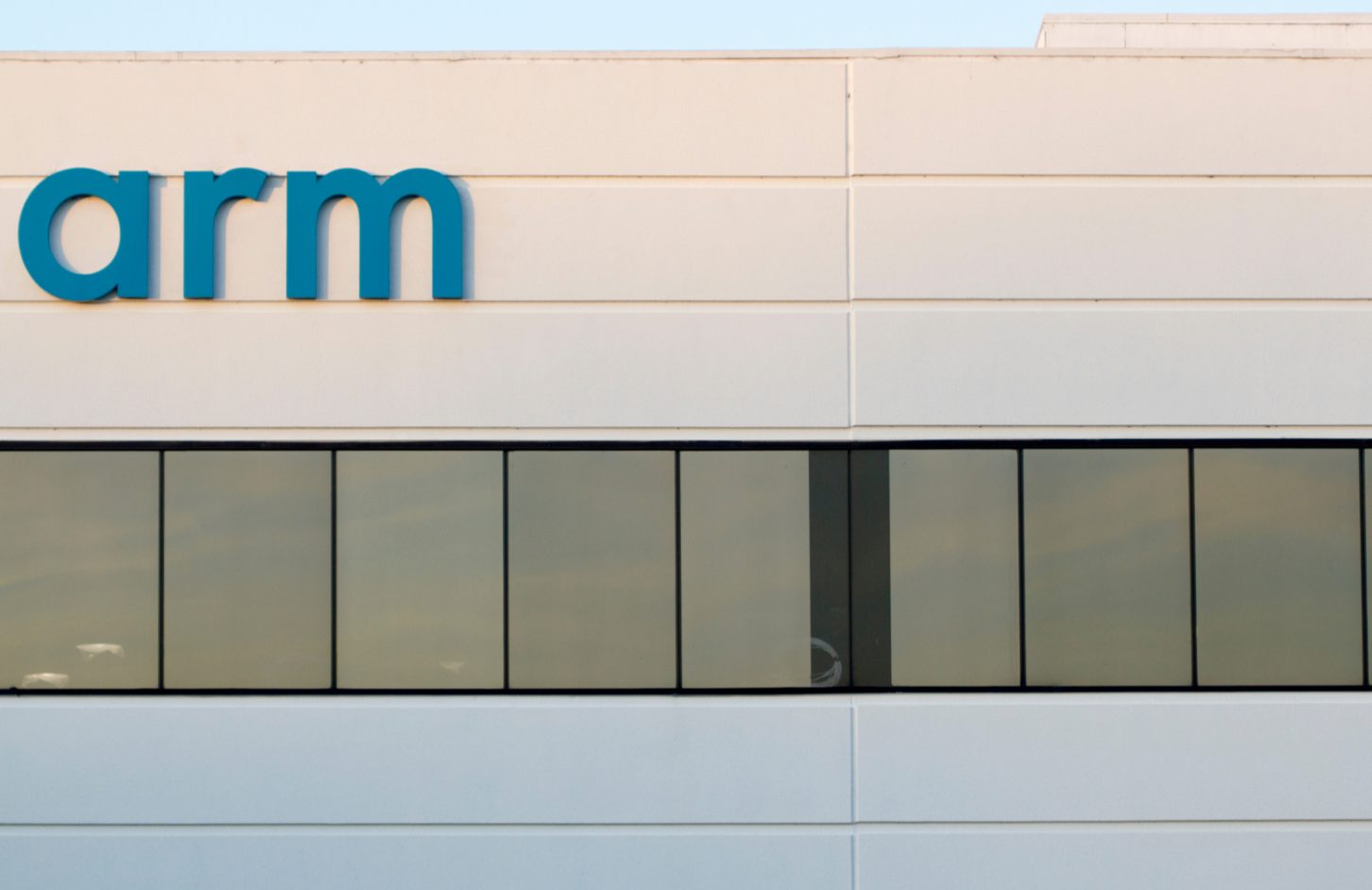The chief executive of US chipmaker Qualcomm has expressed interest in purchasing a stake in Arm in its upcoming IPO, with ambitious plans down the line for a chipmaker consortium to jointly acquire the UK-based firm.
Arm is currently owned by Japanese conglomerate Softbank, which has stated its plan to list the Cambridge-headquartered company on the New York Stock Exchange after regulators prevented the sale of Arm to Nvidia due to competition concerns.
“We’re an interested party in investing,” said Qualcomm CEO Cristiano Amon, speaking to The Financial Times.
“It’s a very important asset and it’s an asset which is going to be essential to the development of our industry.”
Amon went on to propose a joint venture from some of Arm’s biggest customers to acquire Arm, in an effort to maintain the neutrality of the company.
“You’d need to have many companies participating, so they have a net effect that Arm is independent,” Amon said.
However, it’s unclear if competition regulators would be onboard with such an arrangement. UKTN has contacted the Competition and Markets Authority (CMA) for comment.
“Qualcomm is thinking big here about Arm’s future. Perhaps bigger than most,” GlobalData analyst David Bicknell told UKTN.
“If Qualcomm and other chipmakers could join forces to buy Arm outright, that changes the thinking way beyond simply where Softbank wants its IPO, which still seems to be New York rather than London.”
Bicknell added: An outright bid puts Arm in the hands of chipmakers, which is arguably right where it should be.”
Arm is one of the UK’s biggest tech success stories, prompting concerns from British politicians and industry advocates over the proposal by SoftBank to list the chip designer in the US instead of the UK.
Earlier this month, Prime Minister Boris Johnson wrote to SoftBank requesting the parent company keep Arm in the UK with a London listing.
Qualcomm previously opposed the now-scrapped $40bn sale of Arm to Nvidia, as it viewed the idea of a single chipmaker controlling Arm as harmful to the sector.
“Arm has won everywhere because of the collective investment of the entire ecosystem, from companies like Apple and Qualcomm and many others, and that’s because it was an independent, open architecture that everybody could invest in,” said Amon.
Demand for semiconductors has been at an all-time high as supply shortages exacerbated by the pandemic have left electronics firms scrambling for hardware.
The demand for semiconductors is not expected to slow down any time soon, with the small pieces of silicon fundamentally important to the manufacturing of everything from cars to personal computers.

